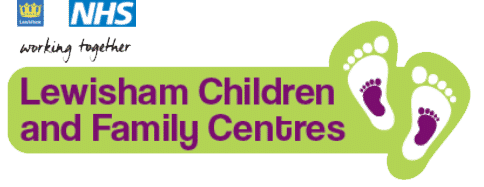Prevent
Protect
Repair
1 IN 3 WOMEN
EXPERIENCE
DOMESTIC ABUSE IN THEIR LIFETIME
SUPPORTING STAFF
SUPPORTING CHILDREN AND FAMILIES
RAISING AWARENESS
Beneficiaries
Phase 1
Phase 2
Total



Children Supported
Parents/Carers Supported
Total Individuals
6,591 page views of the Professionals’ Portal and Timekeeper video

‘This programme had really helped me build my confidence. I was so down and I had nowhere to go. I now know who I am and how to take care of myself and care for my kids’
Freedom Programme Parent
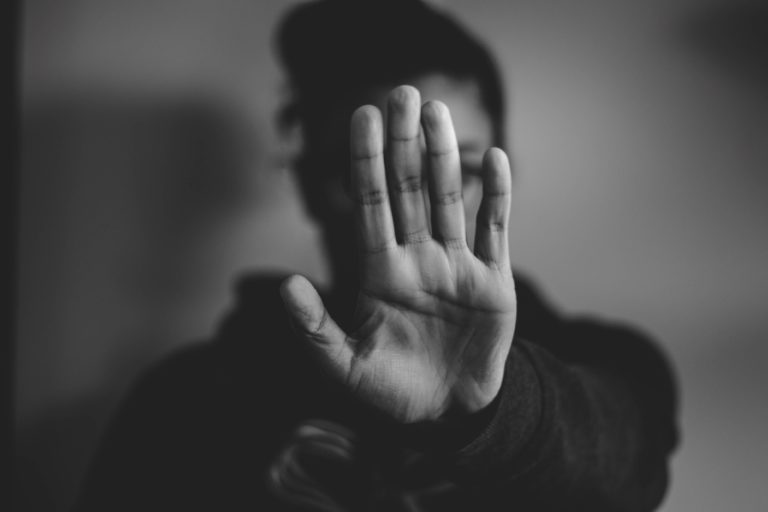
CODA (Children Overcoming Domestic Abuse) Programme
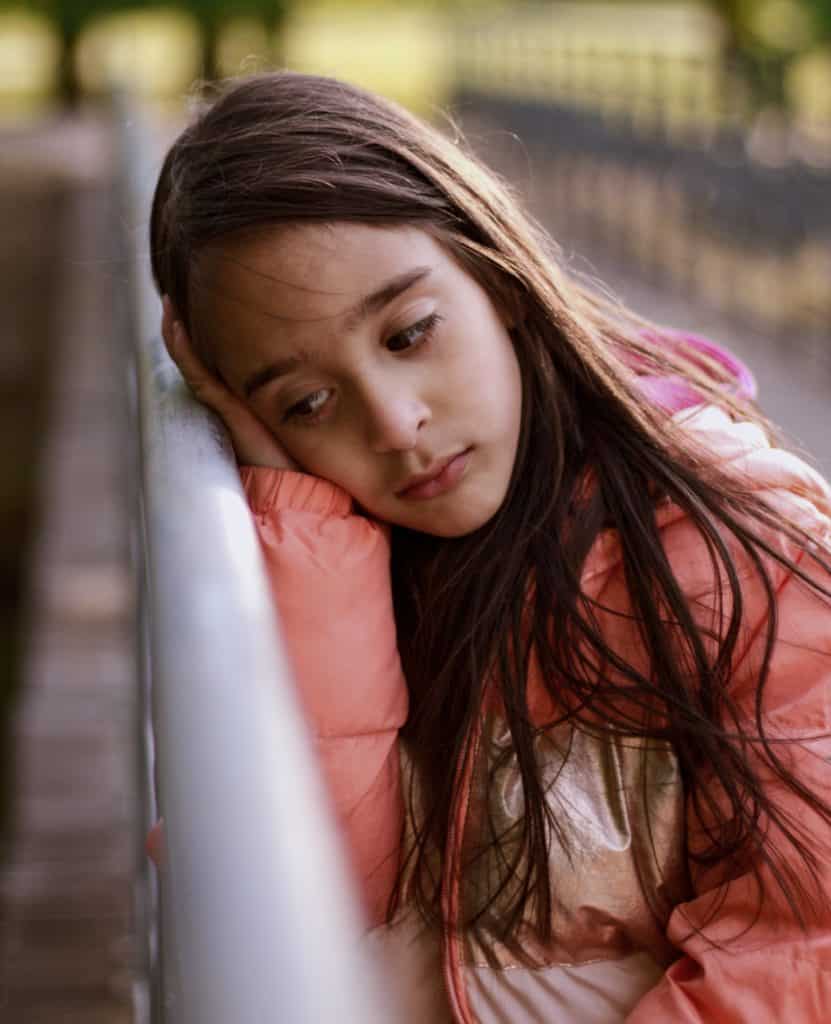
The CODA programme is a twelve-week therapeutic programme for women and children who have experienced domestic abuse. It seeks to enable the recovery process and aims to:
- Validate the children’s experiences.
- Reduce the self-blame that is commonly associated with children experiencing abuse.
- Develop a child-appropriate safety plan.
- Manage appropriate and inappropriate expressions of emotion.
- Enhance the mother-child relationship.
- Enable both the mother and child to heal together.

CODA Programme Feedback from Children and Parents
CODA Group Programme
Voice of the Child
CODA Programme One to One
Voice of the Child
CODA Programme
Voice of the Parent
‘I resolved my fears and feelings. I’m getting better. There’s a new chapter in my life and it’s going to be a better life’.
CODA Programme Child
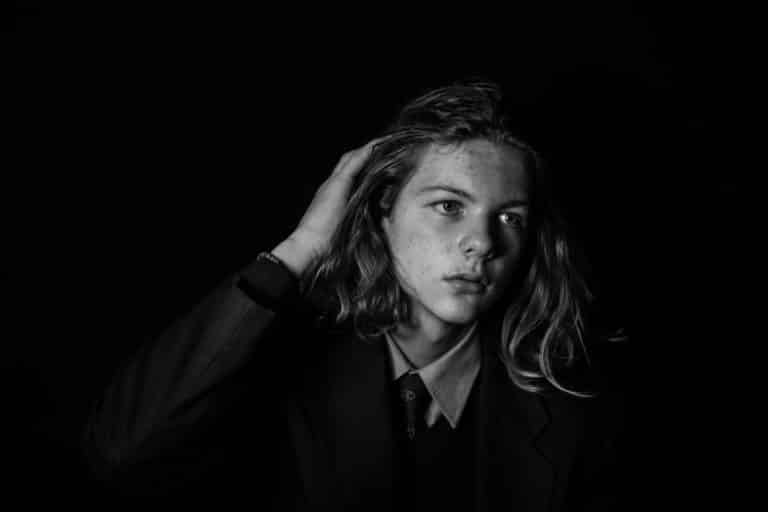
Freedom Programme
The Freedom Programme is for women who are experiencing or surviving domestic abuse. It examines the roles played by attitudes and beliefs on the actions of abuser and the responses of victims and survivors.
- To help women understand the beliefs held by abusive men and to recognise which of these beliefs they have shared.
- To illustrate the effects of domestic abuse on children.
- To assist women to recognise potential future abusers.
- To help women gain self-esteem and the confidence to improve the quality of their lives.
- To introduce women to other women who share similar experiences.
The programme helps women to make sense of and understand what has happened to them, to understand how their children are affected by being exposed to this kind of abuse and how their lives are improved when the abuse is removed.


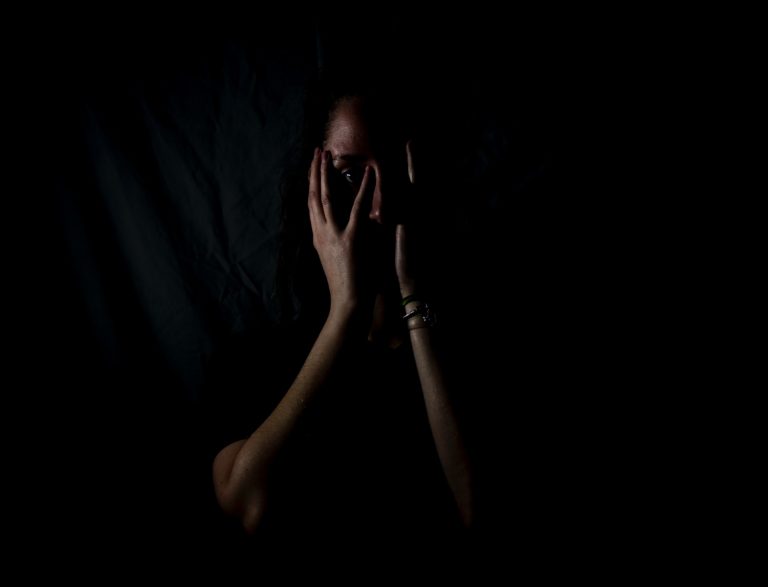
‘My son is happier and more confident. He seems to be more happy with himself and he seems to be less quick to be scared.
Freedom Programme Parent
Freedom Programme Parent Feedback
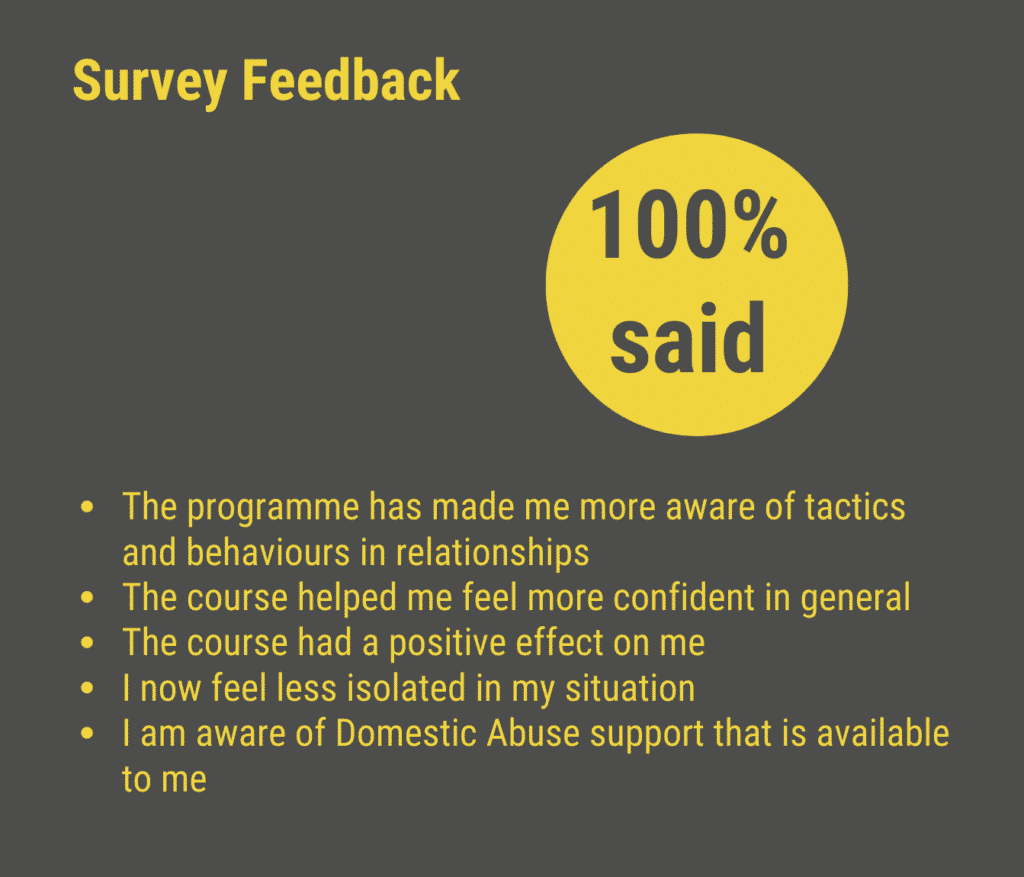
Professionals’ Portal
Connecting Professionals
Sharing Information
Expertise and Advice
Raising Skills and Awareness
Supporting Families
4 surgeries were delivered in Phase 2. 8 social work professionals attended and 18 families including 25 children were submitted (discussed). Feedback from the facilitator describes the complexities of issues faced by the professionals in supporting families attending. The professionals feedback shows that the surgeries were valued, and they helped the professionals confidence and knowledge in supporting the families they submitted. All professionals would recommend the surgeries to a colleague.


The Timekeeper
2,500 Views
The Athena Service
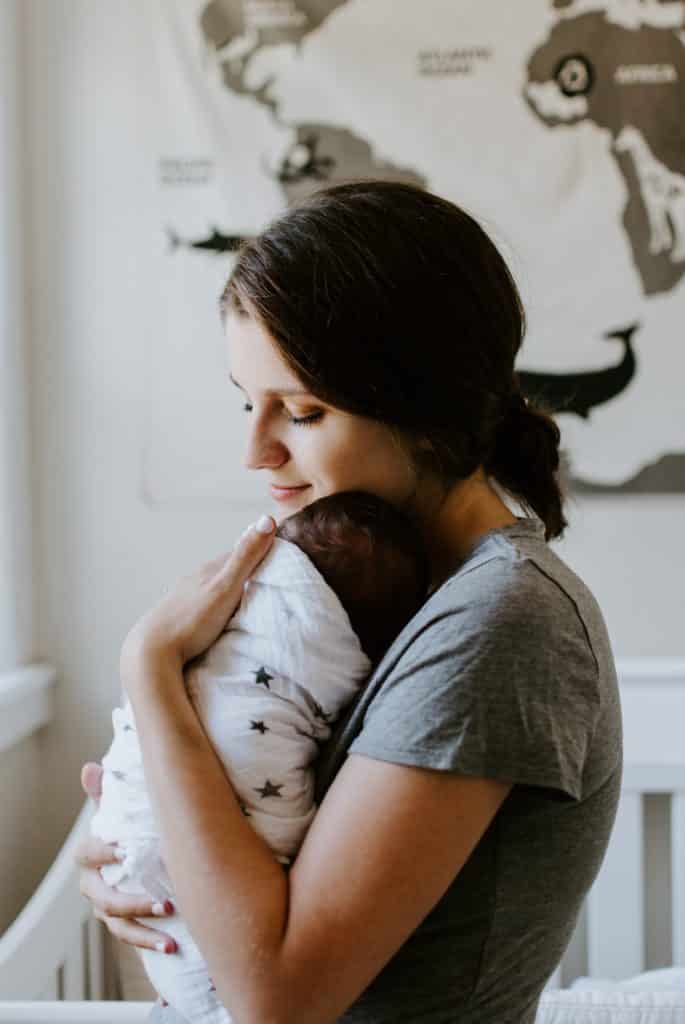
Feedback on Closure
- 100% of the young girls supported by an Early Intervention Worker (EIW) reported feeling much safer
- 100% of the young girls supported by the EIW reported now feeling not at all frightened.
- 92.3% said that the quality of their life improved
- 100% said that they felt confident in knowing how to access help
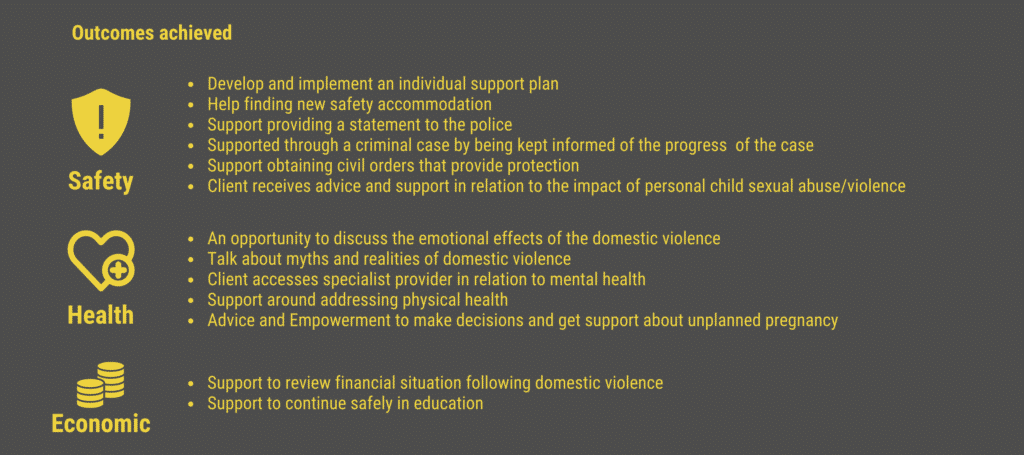
Tech Abuse Training
During the second phase of funding Athena developed a very successful online Technology Abuse workshop for practitioners and parents to keep children and young people safe on the internet. Going forward Athena are looking to expand this to different cohorts; for example at delivering the training to children and young people who have completed the CODA programme, and a planned roll out of school specific Tech Abuse workshops.

”I personally enjoyed learning about the meaning of emojis used by our young people. I was a bit shocked, though. Thank you for educating me’
‘Really useful, my year 5 daughter just popped up to find out if she can have Tik Tok now and it was great to be able to have an informed conversation with her’
‘Thank you for teaching us how to keep our children (and ourselves) safe through the various social media apps. There’s a lot that I’ve learnt here today. Thanks again’
Caring Dads
Caring Dads is a 17-week group intervention programme for men who have abused, neglected or exposed their children to domestic abuse. Delivered by ‘Future Men’ the programme is for fathers who have neglected, abused or exposed their children to Domestic Abuse.
The core principle of the Caring Dads programme is to help keep women and children safer by holding fathers to account. Whilst at the same time the programme recognises the importance of fathers: research shows that when fathers are positively involved, children benefit cognitively, emotionally, socially, and developmentally.
100% Reported
- Satisfaction with Caring Dads course
- Facilitators consistently focused on what was best for my child
- Facilitators were able to help set goals to work on
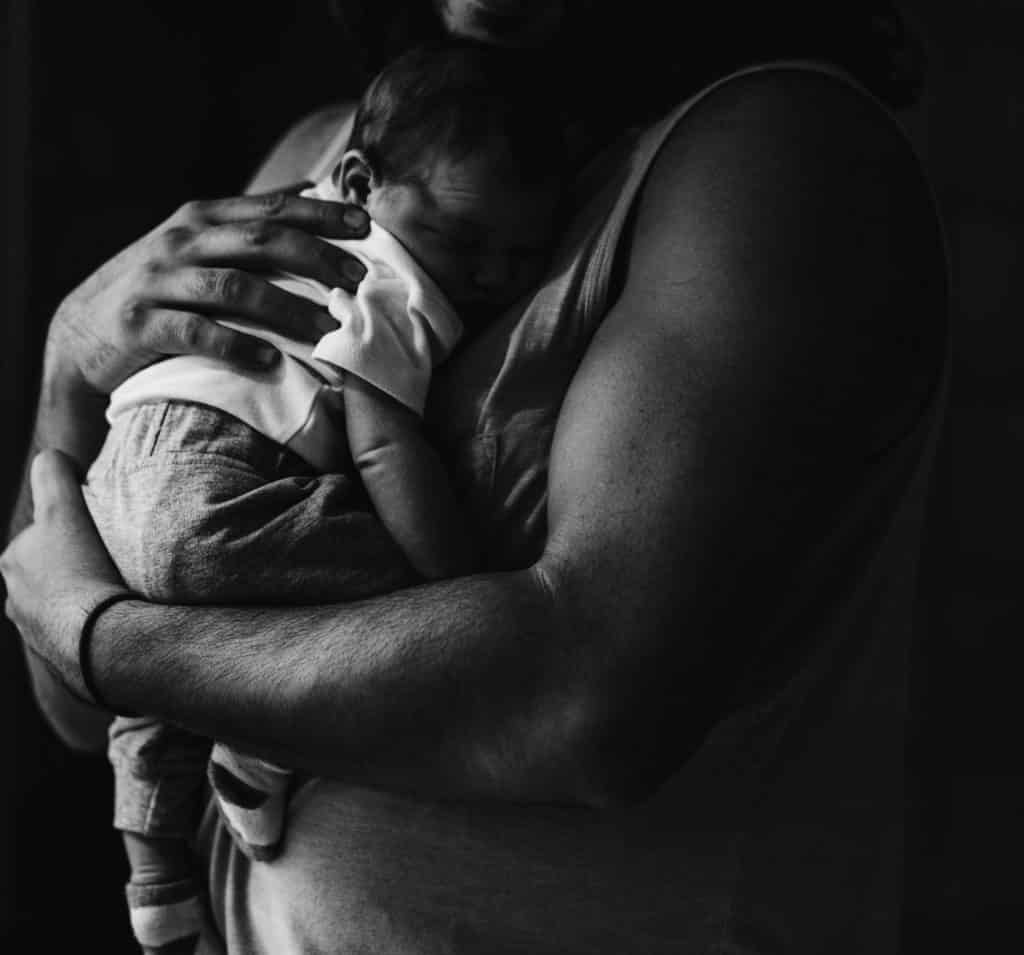

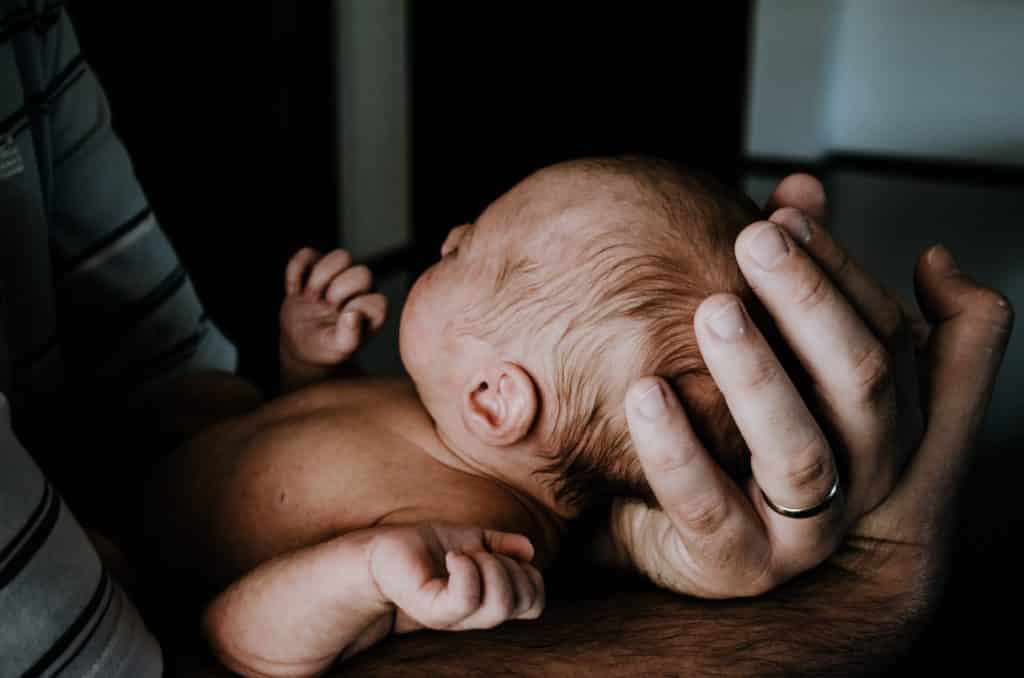
‘The PPR partnership has created a constructive platform for collaboration across agencies, practitioners and stakeholders. Creating a space to appropriately challenge each other around perceptions e.g. about the need for support for men; Working together to meet needs effectively underpinned by a good understanding of each other’s specialism and really listening to each other and understanding each others contribution to the overall aims of Prevent-Protect-Repair’
Future Men practitioner
Healthy Relationships
The ‘Healthy Relationship Programme (HRP) – ‘Removing Barriers to Learning’ is a national early intervention, behavioural change programme, designed and delivered by CSUK Coaching. Part of the Protect strand, the programme helps vulnerable young people aged 11 to 18 build their resilience, self-esteem and confidence. Supporting young people to build successful relationships and avoid harmful relationships; recognising passive, assertive and aggressive behaviour and identifying how best to communicate in any given situation.
The first HRP cohort started in a Lewisham secondary school in January 2020, with 19 participants; 9 girls and 10 boys in year 7 (age 11 or 12). 42% of the cohort had at least 1 indicator of Adverse Childhood Experience (ACE), with 21% having 3 or more.
The Healthy Relationship Programme was adaptable and delivered virtually during the pandemic, but there were significant challenges to rolling out this programme from an operational and practical perspective. Schools are a central ingredient of the programme and it requires a significant role from school professionals – who were also facing an incredibly challenging environment – to support a virtual model and provide safe spaces for children to access this programme.
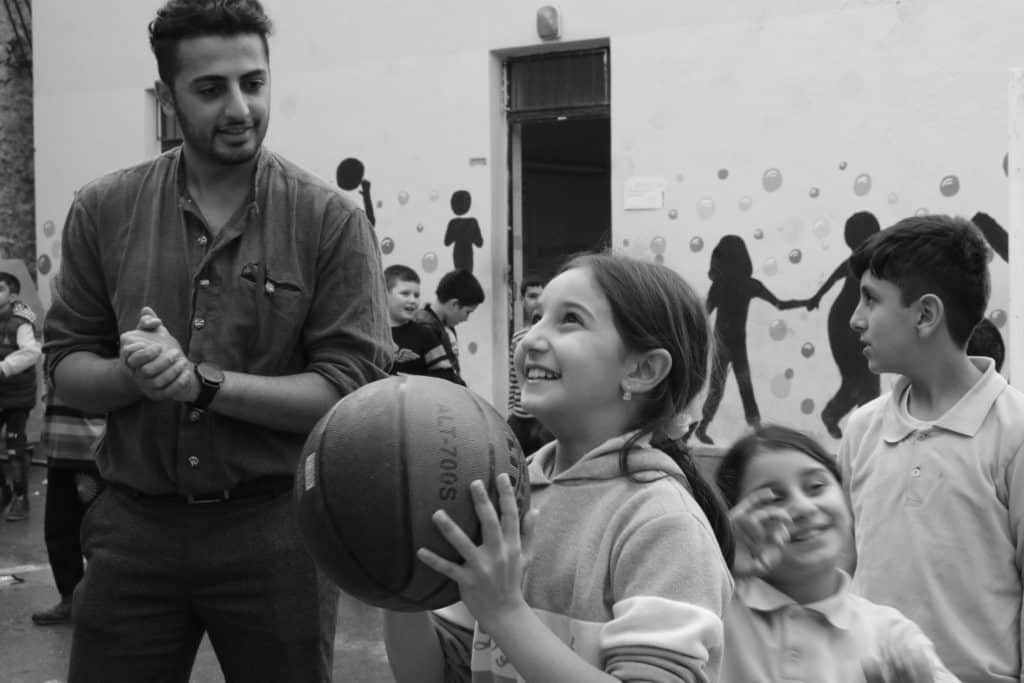

The Deborah Ubee Trust
- Providing a range of therapeutic services and holistic treatments
- Increasing the amount of therapy available to people who need support
- Promoting good practice around therapeutic intervention
- Providing continuing professional development to practitioners.
- Contributing to the development of new therapists by offering support and training to placement counsellors
As part of the Repair strand of the project, Deborah Ubee Trust (DUT) established a bespoke therapeutic offer for children and young people who have experienced domestic abuse, incorporating Drama, Play, Art and Movement Therapies. The support is child led and 20 weeks of therapeutic support is offered to each young person. This can be extended where necessary. The intervention is offered at the DUT organisation on the border of Deptford /Greenwich and also in Children’s Centre venues in Evelyn and Bellingham where they have set up Art & Play therapy spaces.
17 children and young people began therapeutic support from January 2020. This was interrupted and put on hold in March 2020 due to the Covid-19 lockdown, as it was inappropriate to continue therapy virtually. This was partly because of the age of the children and also due to the nature of Play/Art/Drama and Movement therapies offered. However, therapists continued to support families via fortnightly check in calls with the mother to ensure families have their needs met as far as possible. This entailed developing a close working relationship with EYA Children’s Centre Manager who provided support and assistance to DUT during this time.
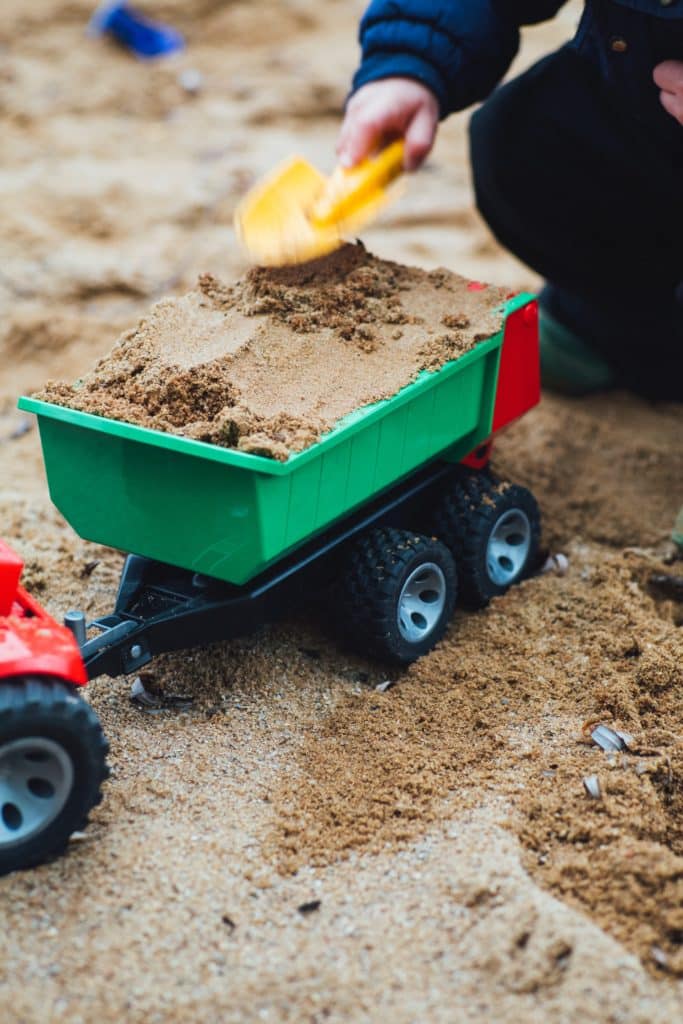
‘It helped him to have the courage to express his feelings which he really struggled with before, now he is very vocal and can draw or write down these feelings. As a family we are so grateful and so does our child. In his own words, MOM I WILL MISS MY THERAPY SESSIONS’
Parent of child attending sessions
My son really valued his time with his therapist. Some quotes from him:
“C…. is the playiest adult ever”
“I wish I could go back and play more right now”
“C…. is the gentlest adult ever”
Parent of child attending sessions
Conclusion
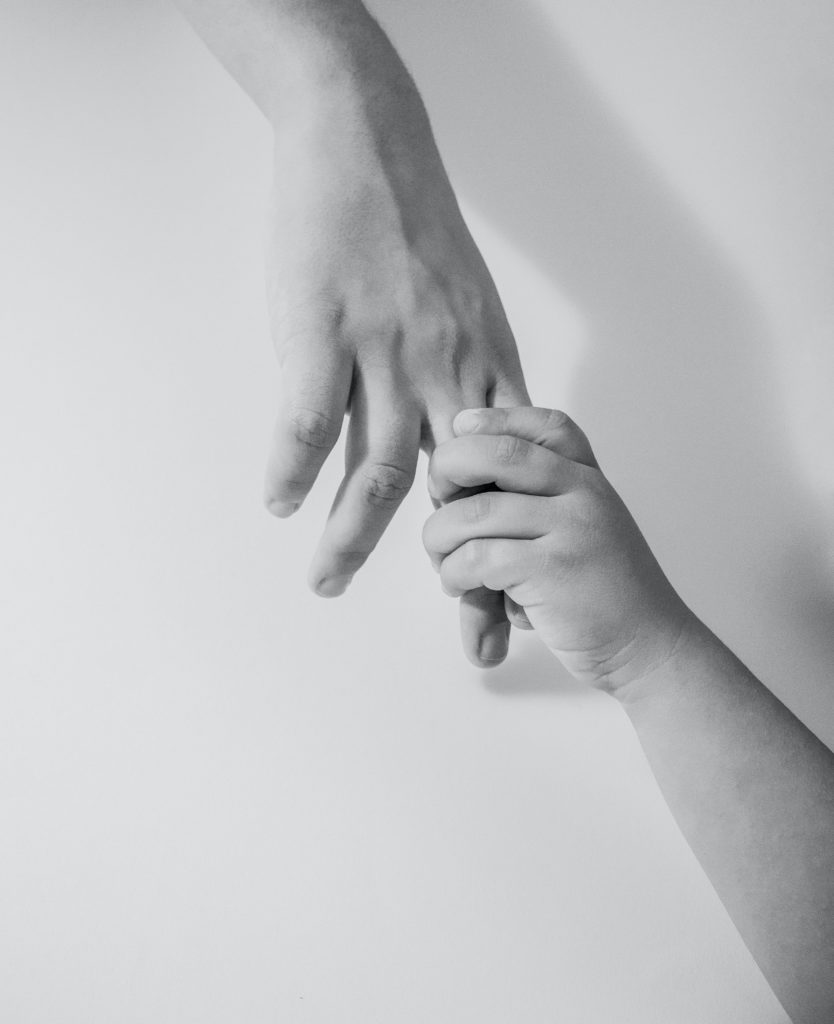
Download Reports

